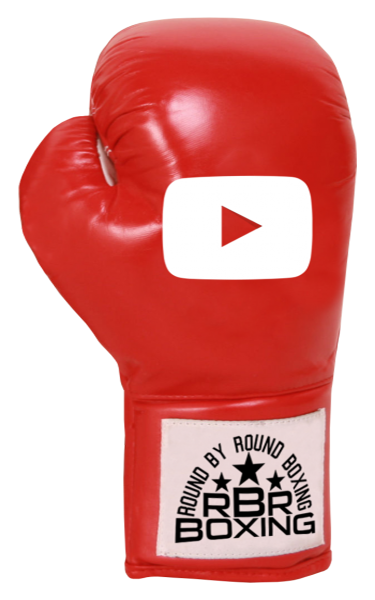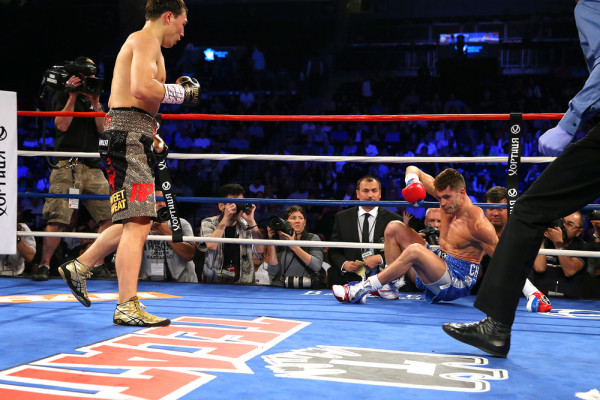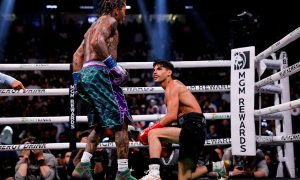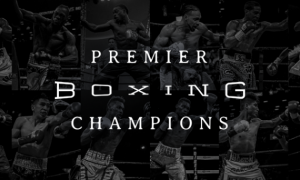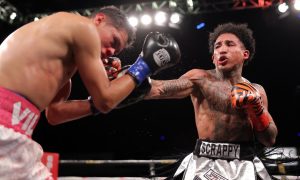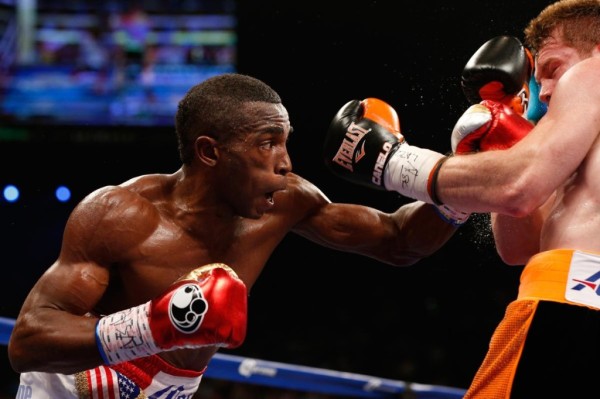 Photo by Josh Hedges/Getty Images
Photo by Josh Hedges/Getty Images
We need to have a serious talk about judging in boxing.
After seeing Erislandy Lara lose what I thought was a fairly won fight to Saul “Canelo” Alvarez on July 12, I was disappointed.
And though I predicted Lara’s style would be difficult for Canelo and would help him win the fight, my disappointment with the outcome had little to do with favoritism towards Lara or a vendetta against Canelo.
The issue at hand is greater than both of these fighters. I find that the kind of controversy surrounding the outcome of Lara-Canelo is not an isolated incident –who could forget CJ Ross’s 114-114 score of Mayweather-Canelo?.
It can be though, a starting point for a serious conversation about how judging is conducted in the sport.
Most boxing fans can identify at least one time a fighter won a bout they thought he actually lost, and vice versa. Most of us have witnessed a controversial decision, only for SHOStats or CompuBox numbers to paint a completely different picture.
This raises a few questions: Does it matter that the losing fighter threw and landed more total punches than his opponent?
Is landing a greater percentage of power punches (or ones that do damage) more significant than landing the most punches overall?
It would seem that the number of punches thrown, especially power punches, would be a testament of a fighter’s aggressiveness during the fight, while the percent landed would speak to his accuracy.
Nonetheless, consistency is a central problem with judging. For example, CompuBox numbers showed that Lara landed a higher percentage of his total punches (28 percent) than Canelo (23 percent). Canelo threw and landed the most power punches (38 percent), compared to Lara (37 percent).
Let’s assume Canelo’s greater percentage of power punches landed helped him win the fight in the eyes of the judges. How then, do we explain the recent outcome of Ruslan Provodnikov vs. Chris Algieri?
Algieri—who is certainly not a power puncher—landed 288 of 993 punches (29 percent) compared to Provodnikov’s 205 of 776 (26 percent). And though Algieri outlanded Provodnikov in power punches by a small margin (3 percent more), is the fact that Provodnikov sent Algieri to the canvas twice irrelevant?
Though Algieri’s win is considered an upset by most, perhaps the judges gave it to him because they believed he thoroughly outboxed Provodnikov. Yet, the outcome of Canelo-Lara is inconsistent with the decision of Provodnikov-Algieri, which suggests despite two knockdowns, a fighter can win by moving around and outboxing a power puncher.
With examples like this in mind, how do we reconcile subjectivity and objectivity in boxing?
Sports like basketball have subjective factors (i.e. the calls made by referees) but are balanced with objectivity. At the end of the game, you either made enough baskets or you didn’t.
What boxing lacks, even if judges are used, is a system of checks and balances that holds them accountable for their scoring.
Why not incorporate the use of reliable statistics and replays before final decisions are made? Why not give fighters the chance to challenge a decision, with or without penalty upon review?
I do not believe judges should be eliminated from boxing entirely. In fact, I think qualified judging and statistics paint two different, but equally valuable pictures of a fight. The key word here, in terms of judging, is qualification.
If the outcome of a fight boils down to three opinions, we need to look at who is making these “informed” decisions, and what purely subjective judging costs the sport of boxing.
In terms of scoring, the Association of Boxing Commissions (ABC) says, “As a professional boxing judge, your analytical skill is to recognize and acknowledge any advantage one participant is having over the other. At any given point of a round, you must know who is winning.”
Although judges have guidelines as to how they should score a bout, many judges have never boxed, or at least sparred a day in their life. There is only but so much you can know, understand, and analyze about a sport in which you have never taken part.
We should also keep in mind that even the best judges are required to score a fast-paced sport where one can easily miss something if he or she blinks. Even if they don’t blink, there are still many details that can be overlooked unless the fight is reviewed multiple times.
The ABC tells judges that the decisions they make will have a major impact on the life of the boxers they judge. They remind them, “to judge with your eyes, not your heart, and above all, render an honest decision.” The problem is when their eyes are so blind they think they “see” everything, but actually miss everything.
Aristotle famously said, “Those who can, do; those who can’t, teach.”
This simply doesn’t work in boxing. To truly teach well—whether exercised by excellence in commentating, reporting, officiating, or judging—you must actually have participated in the sport to grip the heart of it.
When we see judges, commentators and other authorities on boxing, making decisions and statements that don’t make sense, we are witnessing a gap in their expertise that can be explained by their positions as outsiders looking in.
Since judges are authorities in boxing, they should be experts. Even if their understanding of the sport is capped by lack of experience, those who have boxed should educate them so they can have a better understanding of what they are watching.
The cost of not educating boxing authorities is allowing the blind to lead the blind.
Perhaps this point is best applied to the future sanctioning of boxing judges, as I don’t imagine them flocking to boxing gyms any time soon—though that wouldn’t be a bad idea).



